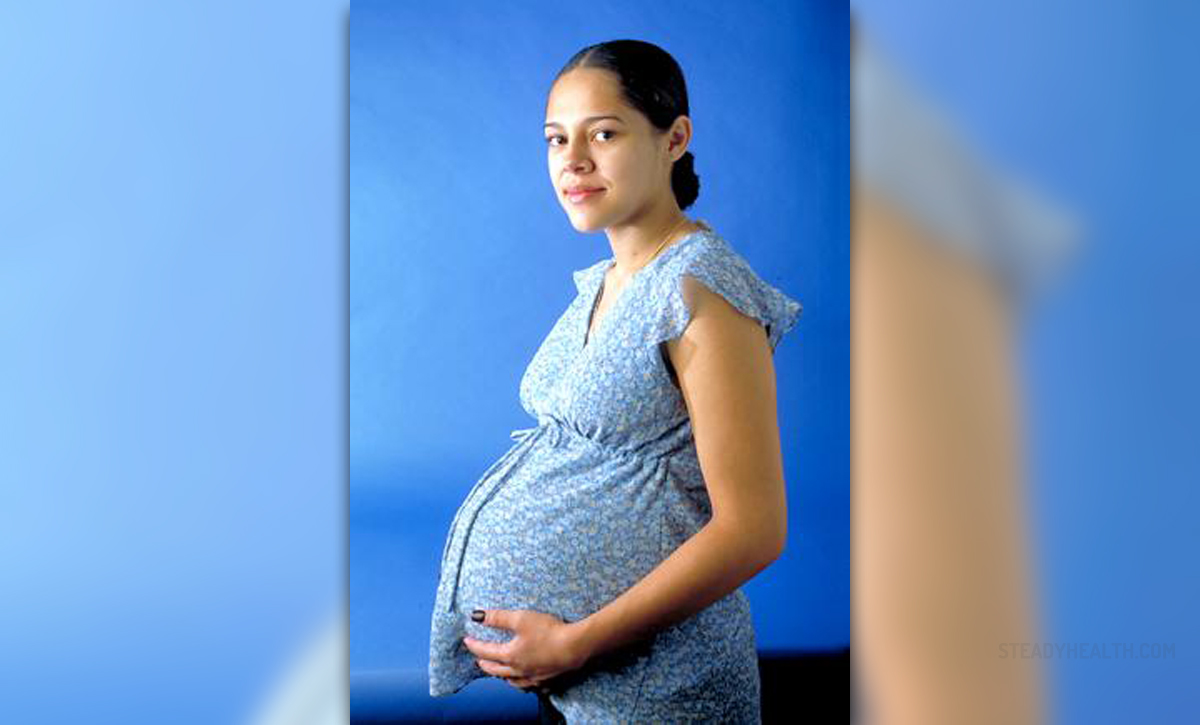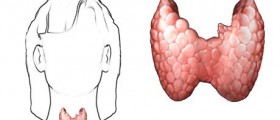
Hypothyroidism and Difficulties Conceiving
Hypothyroidism is a medical condition in which the thyroid gland does not function properly and simply does not produce a sufficient amount of thyroid hormones T3 and T4. Women suffering from hypothyroidism have a variety of symptoms and signs and they can also have difficulty conceiving.
Women suffering from infertility problems are routinely tested for many illnesses and disorders. Hypothyroidism is only one of them. The explanation is quite simple. Hypothyroidism can interfere in ovulation and cause other menstruation irregularities. It is true that thyroid function has not been completely understood in the field of infertility but there certainly must be some kind of connection.
If a woman suffering from hypothyroidism gets pregnant and is not diagnosed with the condition the risk of miscarriage and several more complications significantly increases. But, what all women suffering from hypothyroidism must know is that the condition is treatable and even they can eventually get pregnant and deliver a healthy full-term baby.
Managing Hypothyroidism prior to Pregnancy
If a woman suffering from hypothyroidism considers becoming pregnant it is essential for her illness to be brought under control prior to the very conception. Some studies have shown that women with low level of thyroid hormones have trouble getting pregnant and with proper hormonal therapy they can successfully conceive. So the best thing is to consult a health care provider who will prescribe a proper treatment and bring hypothyroidism under control. After that a woman can plan to get pregnant.
What If the Condition Occurs during Pregnancy?
Pregnancy itself brings a lot of stress to a woman's body. Developing hypothyroidism during pregnancy can bring even more problems. It is estimated that 6 out of 100 miscarriages occur due to an undiagnosed hypothyroidism. So in case a woman develops the condition during pregnancy and if it stays undiagnosed she is highly likely to lose a baby.
Symptoms of hypothyroidism occur even if a woman is pregnant. A well-experienced doctor can recognize them and with a simple blood test determine the precise level of thyroid hormones. The doctor will investigate the underlying cause of a low level of thyroid hormones and choose the most suitable treatment. He/she will try to bring the condition under control and help the woman deliver a healthy and full-term baby. The goal of the treatment is to provide the woman with sufficient amount of thyroid hormones in her body.
And finally, women with low postpartum thyroid function usually develop permanent autoimmune hypothyroidism and they require an everlasting hormonal supplement therapy.



-During-Pregnancy_f_280x120.jpg)







-In-Adults_f_280x120.jpg)


-In-Infants-And-Older-Children_f_280x120.jpg)


Your thoughts on this
Loading...